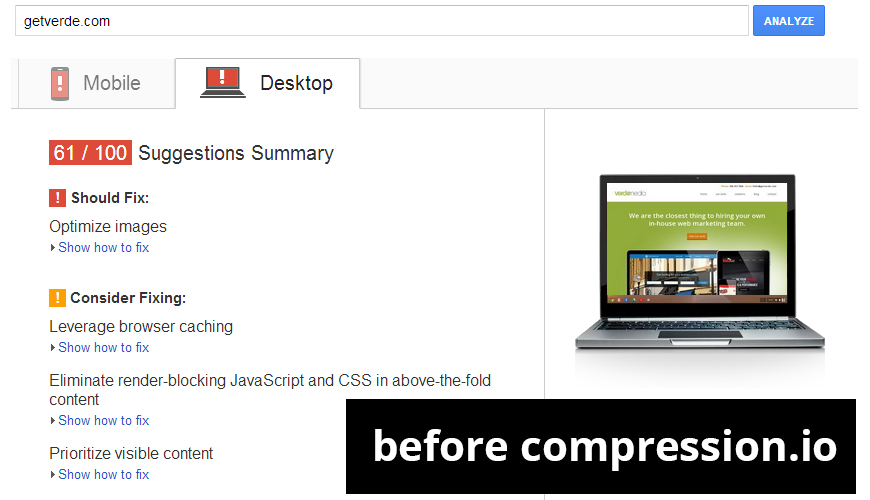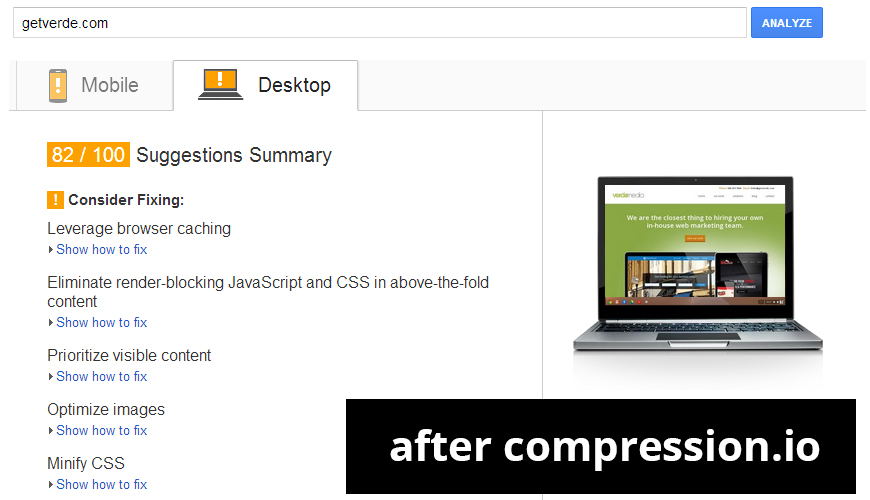Learning Hub | Maintaining Your Website
Website Speed: Why It’s Important and How to Improve It
May 23, 2014 | Jon Teodoro

At first thought, ten seconds doesn’t seem like that long, especially when some of you may spend your day waiting for hours to pass by on the clock. But in relative terms of the web, a few seconds can make a huge difference. Website speed importance isn’t to be underestimated.
Imagine going to a website after clicking on a link from a search result. After you click the link, your browser screen turns white and you wait for the page to load by following the status bar at the top..
“One, two, three, four, five, six, seven…”
“OK, I’m going somewhere else, this is taking too long”, you think to yourself.
Unfortunately, the average page-load time for some of the top retail sites is indeed seven seconds. Despite this, in our ‘I need it now’ world, the magic number you should actually try to shoot for is three seconds. It is estimated that every additional second that you make your users wait will reduce your sales by roughly seven percent. Based on the previous example, top retail sites could potentially be losing a substantial amount of potential sales; a number that was quantified by KissMetrics to be in the billions of dollars.
Page speed can affect your search ranking
You may or may not know this already, but Google has been prioritizing page speed in criteria for organic search positions since 2010 (view Matt Cutts’ announcement here).
When a Google search is conducted, Google actually gives a slight ranking bonus to sites who are the speediest among the rest of the results. Since page loading time is directly related to the user experience, and because Google’s mission is to continually improve the experience of the users utilizing the search engine, it’s only logical that page speed is a determining factor in rank. The speed and performance of your website should now be a priority in your web development process, especially with mobile web taking over desktop web. The majority of mobile web data is capped and you should keep this in mind for the sake of your users’ experience.
For all of your Adwords marketers – don’t think that you are an exemption to the rule. Page speed can actually impact your Quality Score as well, as it is huge factor in your users’ experience. If you are familiar with Adwords marketing, an increased Quality Score means more efficient spending which increases your reach. Therefore, increasing your page speed will positively impact your paid marketing campaigns.
How can I make my page load faster?
Google offers many tools to help you increase the performance of your website. One great tool that Google offers is called Google PageSpeed Insights. By simply entering your URL in the box and clicking ‘Analyze’, you can discovered the weaknesses of your website’s performance and improve on them accordingly.
One bonus tip:
One of the major factors that I’ve seen affect website owners in terms of page speed is image size. Often, web design companies will overlook the importance of image size reduction in fear of losing image quality. In some cases that may be true, however, I will share one great tool that I’ve found to work very will in image compression: compressor.io
compressor.io is an online tool that gives website owners the ability to compress all their images into a lossless format. All this means is that any image that you process through here can get up to a 90% file size reduction while maintaining image quality. I was a bit skeptical at first, so I tried it on our own company website and I was amazed: over a 20 point increase in Google Page Speed score from optimizing the images on my home page. Check out the proof below:


I’d say that’s a pretty significant increase in performance for spending under 20 minutes on optimization. For the small amount of time spent, you can boost the user experience factor of your website greatly and as mentioned earlier, even help leverage your performance increase to boost your sales as well.
What are some other ways or tactics you’ve used to increase your website’s performance?
